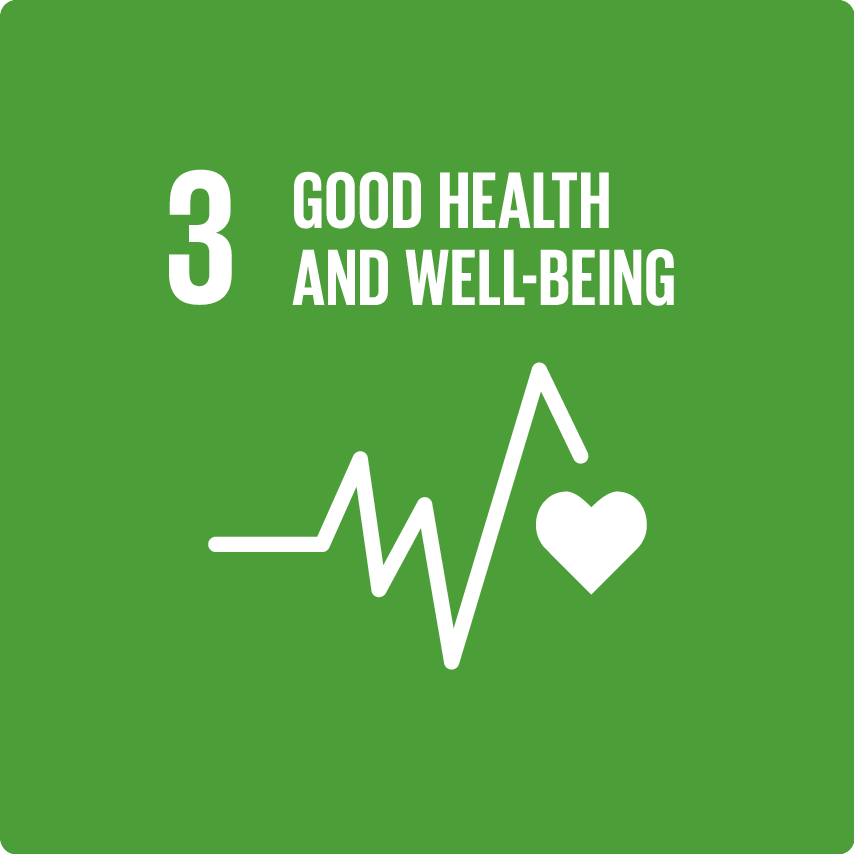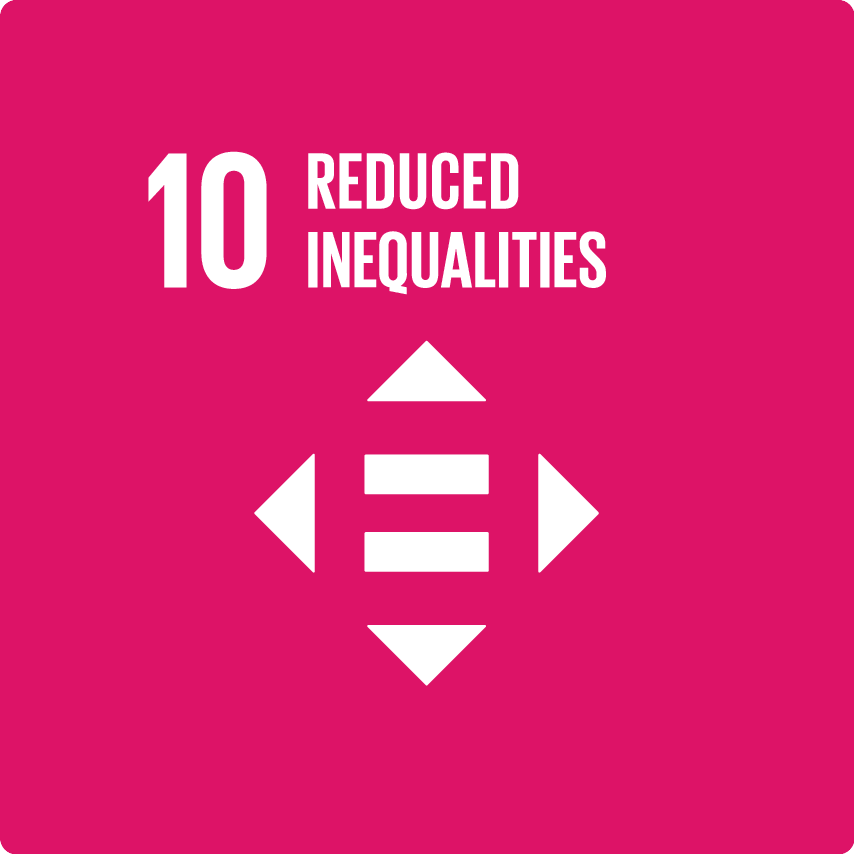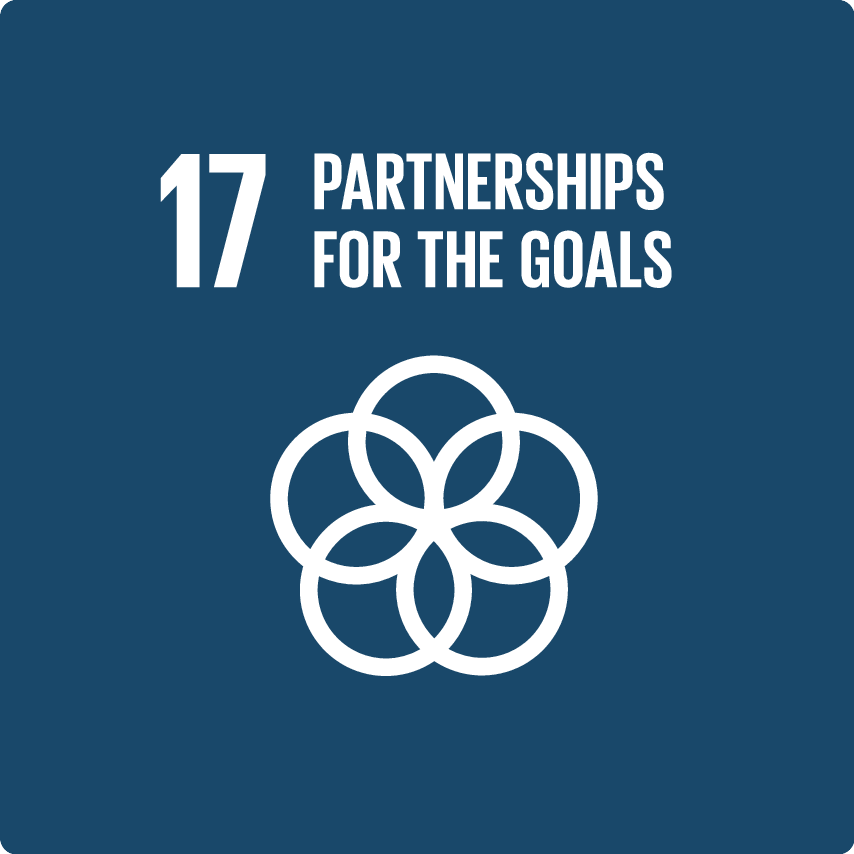GSK’s Tres Cantos Open Lab for R&D for Diseases of the Developing World
Providing a critical mass of knowledge around neglected diseases, to lead to the discovery and development of desperately-needed new medicines, creating a truly world-leading facility in collaborative research.
SEE ALL PARTNER ORGANIZATIONS
Objectives
As part of our response to the challenges faced in the developing world, in 2001 GSK established our research centre at Tres Cantos in Madrid to work exclusively on tackling diseases of the developing world. The unit focuses primarily on malaria and tuberculosis, along with certain neglected tropical diseases. Research decisions at Tres Cantos are prioritised on their socio-economic and public health benefits, rather than on commercial returns.
Then, in 2010, we committed to open up the Tres Cantos campus to allow GSK researchers to work more collaboratively with scientists from universities, not-for-profit partnerships and other research institutes. By opening our Tres Cantos research facility to more alliances, we aim to provide a critical mass of knowledge around neglected diseases. We hope this knowledge will lead to the discovery and development of desperately-needed new medicines, creating a truly world-leading facility in collaborative research.
GSK has an R&D facility in Tres Cantos, Spain, which has been dedicated to developing new treatments to combat diseases of the developing world (DDW) since it was established in 2001.
In 2010, GSK committed to open up the Tres Cantos campus to allow GSK researchers to work more collaboratively with scientists from universities, not-for-profit partnerships and other research institutes. This is known as the Tres Cantos Open Lab Foundation (TCOLF). TCOLF is an independent, not-for-profit organisation, overseen by a Governing Board. TCOLF seeks to address the translational and funding gap existing in Global Health between basic research and drug discovery by creating a project-based collaborative environment integrating academic and industry teams. This allows rapid testing of novel therapeutic hypotheses. It is an opportunity for scientists from around the world to partner with GSK teams and use GSK’s facilities and know-how to rapid-test their own projects at the very early stages of drug discovery. It is the world’s first open laboratory for diseases of the developing world, where world-class scientists can test ideas on an industrial scale. In this way we are seeking to address the funding issues that have long prevented significant attention being given to diseases particularly common in the least developed countries.
A governing board of leading scientists provide strategic direction for the foundation. All projects supported by the Open Lab Foundation must contribute to research that helps discover new medicines for diseases of the developing world. Projects are focused on early stage drug discovery and could involve research into new targets, tools, screening, lead identification, lead optimisation, and progression of advance clinical assets up to Phase 2a. To be considered for support, there should be added value for the project in operating within the collaborative principles of the Open Lab, and it must align with the strategic objectives of the Foundation and diseases in scope (malaria, Chagas disease, tuberculosis, leishmaniasis, and enteric infections):
- To accelerate transformational science by developing new more relevant assays, PK/PD models, exploring new modalities beyond small molecules, chemical validation of novel targets, etc.
- To develop new discovery platforms enabling drug discovery on new targets, phenotypic assays or in vivo models.
- To strengthen the Global Health pipeline by screening novel chemical diversity using novel phenotypic assays or validated targets, optimisation of novel chemical scaffolds and progression of novel and differentiated pre-clinical and clinical assets (including exploring opportunities for repurposing).
The Open Lab’s vision is to have around ten projects at Tres Cantos at any given time.
Results and milestones
To facilitate the establishment of the Tres Cantos Open Lab Foundation in January 2010 GSK donated £5 million. In 2012 GSK doubled this funding to a total of £10m and in 2018 a new £5 million donation was announced.
Since the Open Lab was established in 2011, more than 250 proposals have been evaluated, 99 scientists from world-class institutions have been trained in global health drug discovery in an industrial setting, 69 projects have been approved, and four further projects have been approved. One of the projects completed at the Open Lab was conducted by iThemba, a company supported by the South African Government, to identify potential new compounds against TB, specifically multidrug and extremely drug-resistant TB, and co-infection with HIV-AIDS.
Geographic Reach
- Global Commitment
Disease Area
- Infectious and Parasitic Disease
Target Population
- Children
- Youth
- People with low incomes
Partner organizations
INSERM / INTS (Institut National de la Transfusion Sanguine)
Texas A&M University
University of Oxford
UNR
Institut de Biologie Structurale (IBS)
University of Alabama at Birmingham
University of South Florida
University San Pablo CEU
Institut Pasteur Korea
University of Birmingham
University of Sydney
IQUIBICEN
London School of Hygiene & Tropical Medicine (LSHTM)
University of British Columbia
University of Washington
TeagueMedChem
Mahidol University
University of Buenos Aires
University of Zaragoza
NEU
Barcelona Centre for International Health Research (CRESIB)
Martin Luther University Halle-Wittenberg
University of California, Berkeley
University Utrecht
Biomedical Primate Research Centre
MBL (Marine Biological Laboratory)
University of Cambridge
Weill Medical College, Cornell University
The California Institute for Biomedical Research (Calibr)
McGill University
University of Dundee
Wellcome Trust Sanger Institute
Center for Cooperative Research in Biosciences (CIC bioGUNE)
Michigan State University
University of Edinburgh
Seattle Children's Research Institute
Centre for Infectious Disease Research (CIDR)
Monash University
University of Florida
Bioaster
Spanish National Research Council (CSIC)
National University of Rosario
University of Georgia
WRAIR
Caucaseco Scientific Research Center (CSRC)
New York University
University of Glasgow
Research Agency of Aragon (ARAID)
Durham University
Sapienza University of Rome
University of Helsinki
Universidad Autónoma de Madrid (UAM)
Harvard Medical School
Seattle Biomedical Research Institute
University of Liverpool
European Molecular Biology Laboratory (EMBL)
Harvard School for Public Health
Structural Genomics Consortium / University of Oxford
University of Melbourne
IBR
Imperial College London
SUNY Upstate Medical University
University of Minnesota
IBR-CONICET
US National Institutes of Health (NIH)
iThemba Pharmaceuticals
Omnia Molecular
Medicines for Malaria Venture (MMV)
Tuberculosis Drug Accelerator (TBDA)
Additional resources
Geographic Reach
Global Commitment
Disease Area
Infectious and Parasitic Disease
- Malaria
- Neglected Tropical Diseases (NTDs)
- Chagas Disease
- Other NTDs
- Tuberculosis


